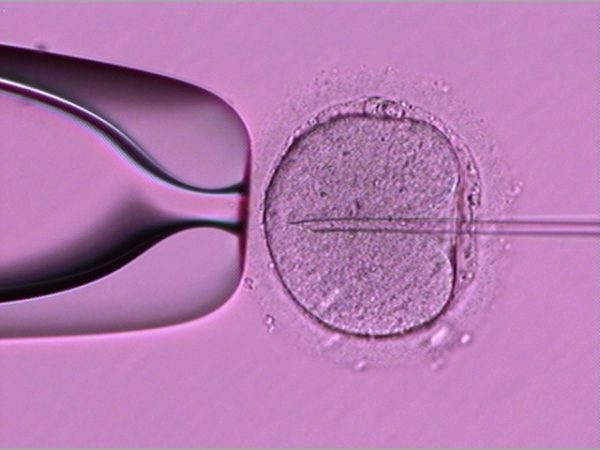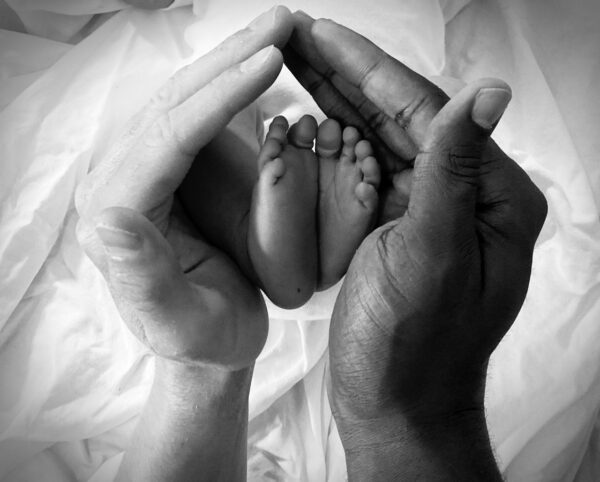Male infertility is common but it’s also very treatable
At Fertility Specialists of Texas, we know that many people think that infertility mostly affects women.

However, men can also experience issues that make it more difficult to bring home a baby. Thankfully, our LGBT fertility clinic team knows how to diagnose and treat male infertility to help make parenthood possible.
Fertility testing helps us determine whether we need to treat infertility in men
Before we recommend a family-building plan, we always order fertility testing to determine if the patient has any fertility issues. When we find infertility in men, we make sure they get the care they need to start or grow their families. In some cases, we provide the fertility treatment, while local urologists may support us in other situations.
Many men who are facing infertility can welcome a baby after taking medications like Clomid. However, some patients may need to rely on more advanced fertility treatments to make fatherhood possible.
Patients with male infertility can often benefit from IVF with ICSI
In vitro fertilization with donor eggs and surrogacy is how gay fathers can have a biological child. If male fertility issues are at play, our LGBT fertility clinic team may recommend fertilizing the donor eggs using intracytoplasmic sperm injection (ICSI).
In a traditional IVF cycle, an embryologist places sperm and an egg together in a petri dish in hopes that fertilization will occur. When using ICSI as part of an IVF cycle, the lab team selects a single healthy sperm to fertilize a donor egg. They then use a high-powered microscope and a tiny needle to inject the sperm into the egg.
This treatment for male infertility is a great way to overcome issues related to a low sperm count or issues with sperm motility (movement) or morphology (shape). As such, our team recommends it for severe male fertility issues and when patients have had failed IVF cycles.
Men who cannot ejaculate sperm can rely on special sperm extraction techniques
Sometimes, semen does not contain sperm. This occurs when a man has had a vasectomy as a form of birth control as well as when a patient has a diagnosis of azoospermia due to a blockage or poor sperm production. In these cases of male infertility, there are several treatments that can help.
Microepididymal sperm aspiration (MESA) can help men who cannot ejaculate sperm due to an obstruction in the male reproductive tract or having had a vasectomy. During this outpatient procedure, the patient receives sedation to keep him comfortable. The doctor will make an incision in the scrotum and remove the sperm from the small tubes in the epididymis. This option can provide enough sperm for multiple cycles of IVF with ICSI.
Testicular sperm extraction (TESE) is a good option for men with very poor sperm production and no sperm in the semen. This is also an outpatient procedure. It involves taking a tiny sample of tissue from the testes. The patient receives local anesthesia so that they don’t feel any discomfort. Experts in the laboratory will assess the tissue sample for the presence of sperm and extract them for use with IVF and ICSI. Typically, TESE only recovers enough sperm for one IVF cycle.
Our LGBT fertility clinic offers a wealth of treatments to help patients overcome infertility in men. Contact us if you’d like to learn how we can help you.



